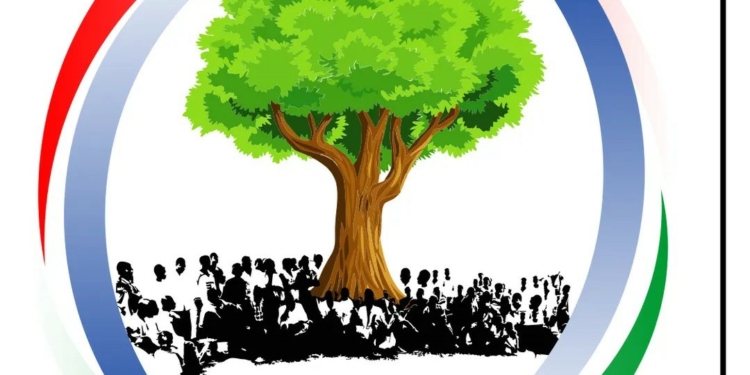In the past two years, men and women have testified before the Truth, Reconciliation and Reparations Commission (TRRC) of The Gambia about the sexual violence they suffered at the hands of officials of the Jammeh regime; and the public’s reaction to the suffering of the male and female victims has been startling.
On April 24, 2019, Sanneh Biaro Sabally, a member of Yahya Jammeh’s military junta, confessed before the TRRC, which was established in 2017 to look into the human rights violations of the regime, to directing soldiers to torture and kill people. He also recounted how he was tortured when he was arrested and charged with attempting to kill President Yahya Jammeh after he was accused of participating in an attempted coup. According to him, he was repeatedly tortured while in prison. He said he and another prisoner, Sadibou Hydara, were castrated when they refused to have sex as a form of torture. Sabally claimed that Sadibou Hydara subsequently died because of the torture.
Sabally’s testimony of his torture received an outpouring of support from the public, with some people calling him a hero for surviving. His allegations of sexual violence were not subjected to public debate and disbelief. While some people believed that he deserved what had happened to him in prison because of the part he had played in the torture and death of several people, his allegations of sexual violence were not challenged.
Here are some of the reactions to Sabally’s testimony:






Several comments were made online begging the families of the people Sabally had killed to forgive him, implying that his torture in prison had somehow absolved him.
In stark contrast was the public’s reaction to the testimony of female survivors of sexual violence. Toufa Jallow, Bintou Nybally, and Binta Jamba were not believed. They were shamed and ridiculed for publicly telling their stories. Here are some of the reactions to these women’s stories:


These reactions underline the different perceptions of people towards men and women victims of sexual violence. While some may argue that the contexts of Sabally’s and the female survivors’ stories are different, the fact is that men and women are treated differently in the transitional justice process.







